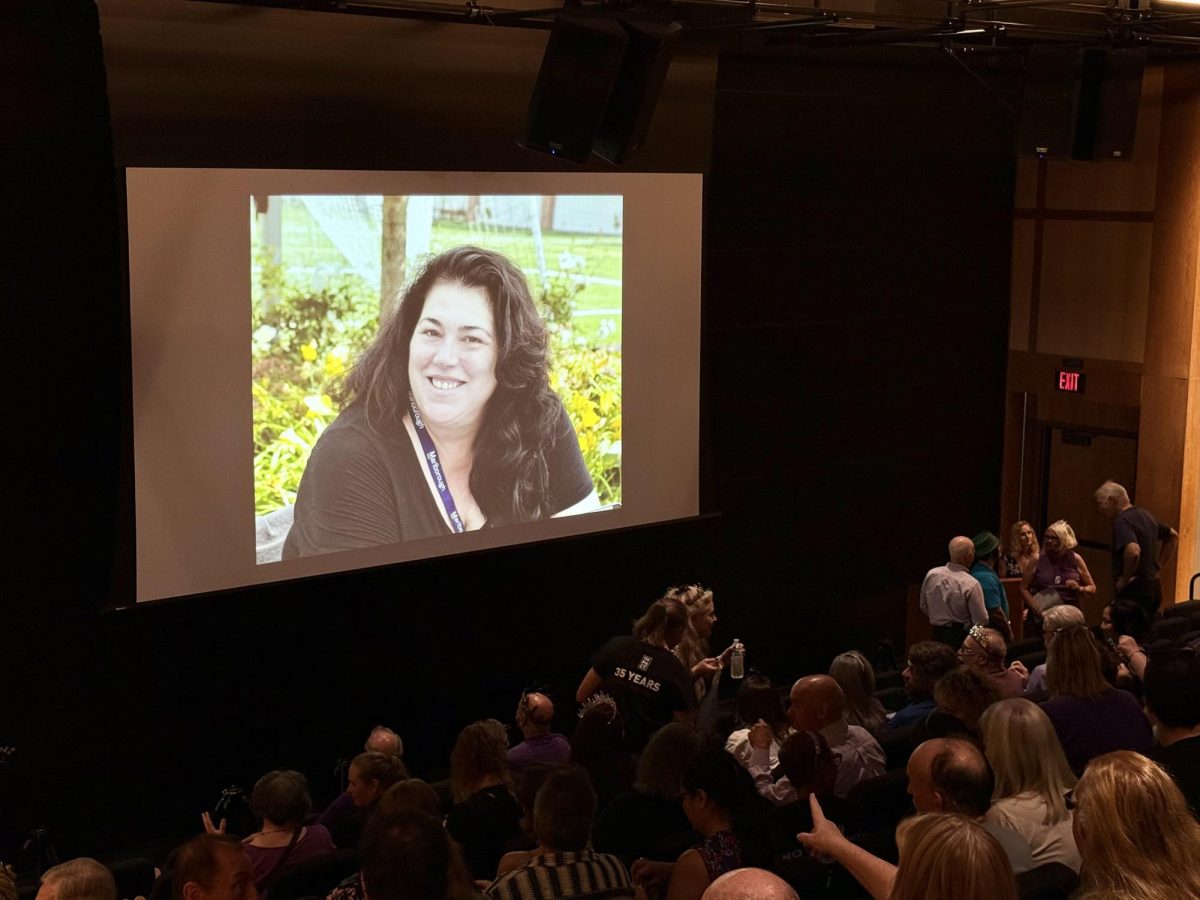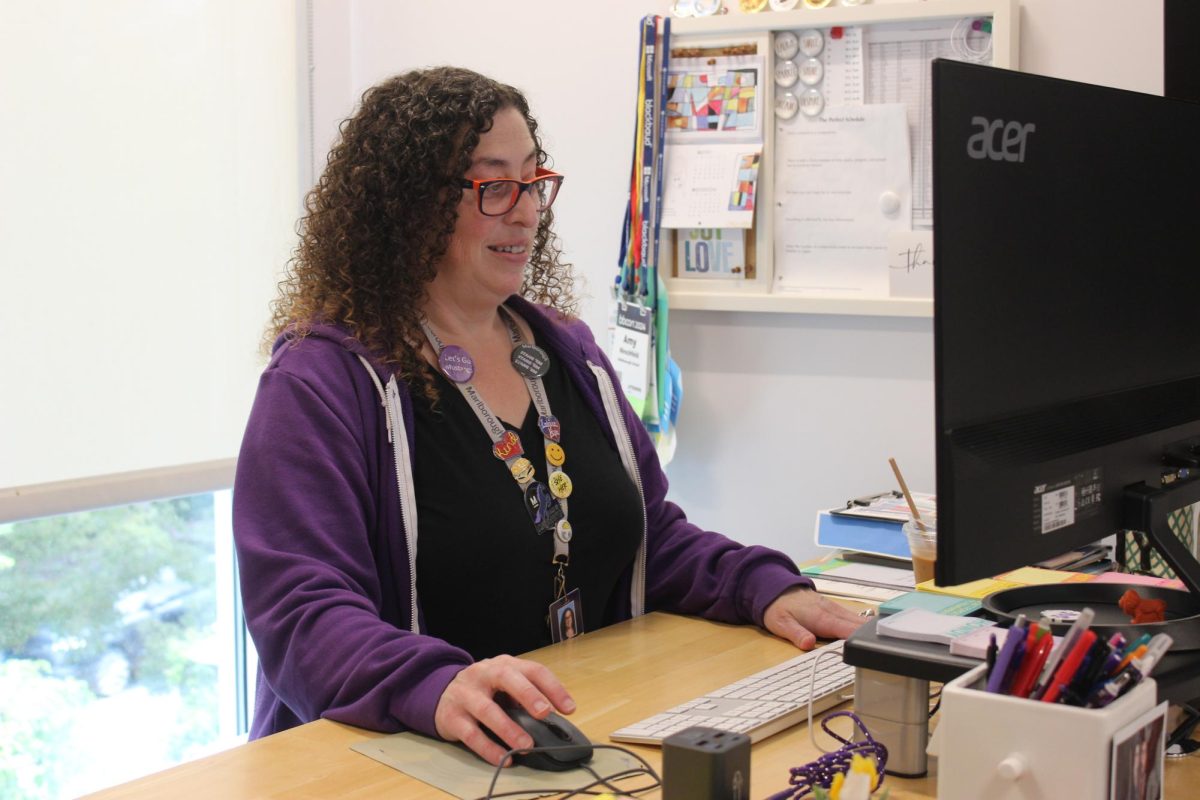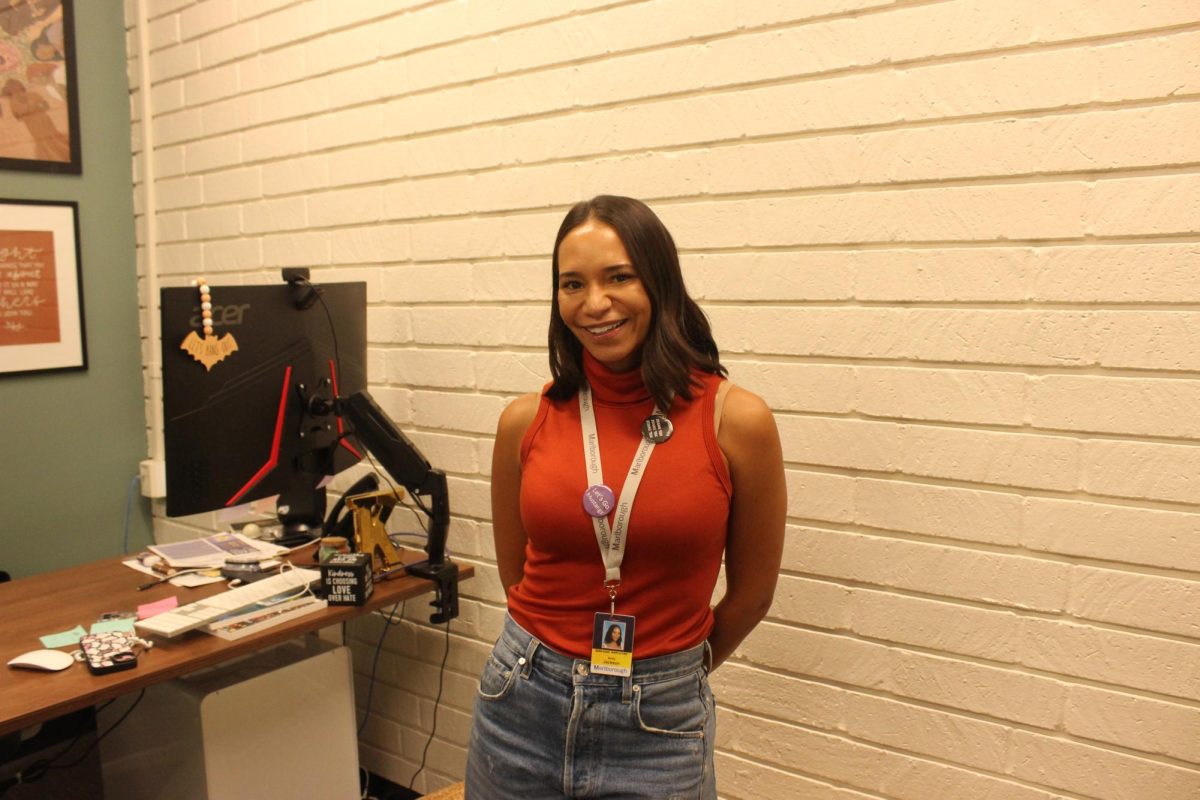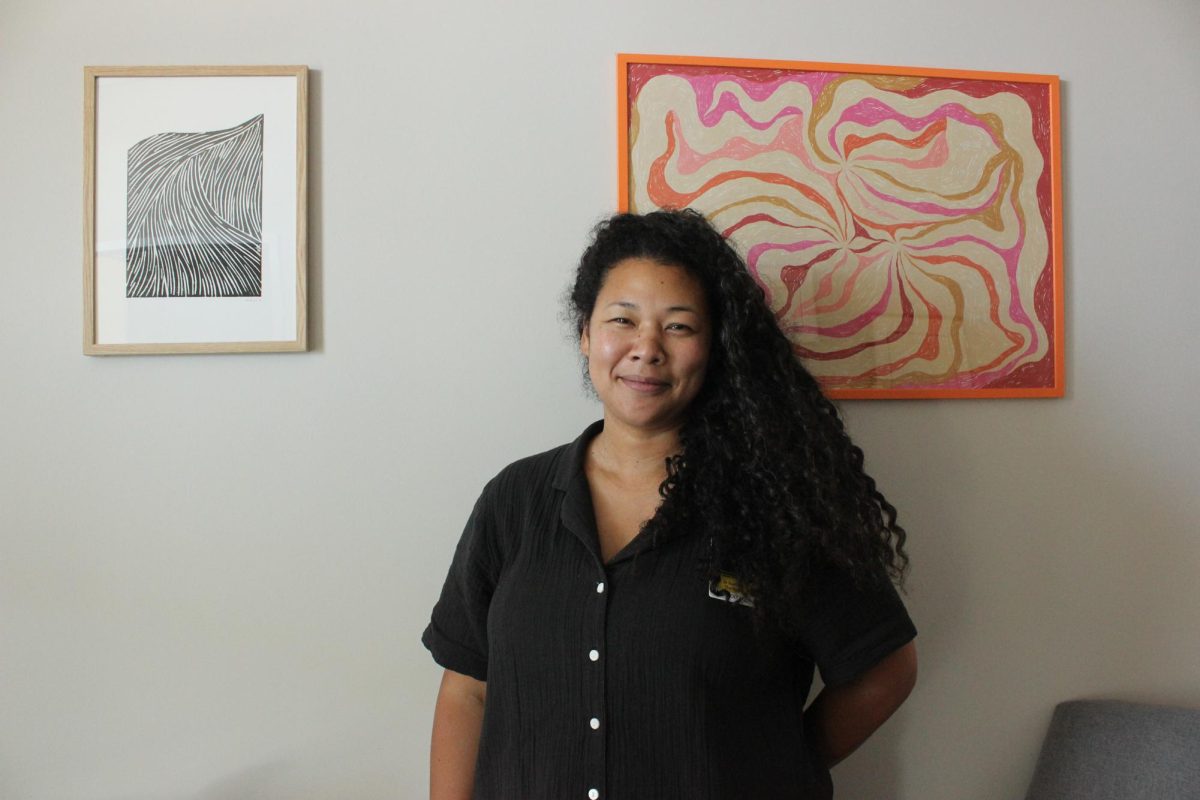Starting in the 2023-2024 school year, Marlborough now requires students to attend homeroom before class with their advisor and fellow advisees. The administration has allotted a five-minute period, from 8:30 a.m. to 8:35 a.m., for students to have their attendance taken by their advisor before being dismissed. However, rather than simply checking in to school and then departing for class, students are required to sit with their advisory for five minutes.
One motive for the implementation of homeroom was the administration’s desire to improve the system for collecting attendance. The former system for checking if someone was on campus, the mobile app Visitu, was completely student-driven, with students reporting their own presence on campus and their departure from school via iPads. Oftentimes, students would sign in late, forget to sign out or simply not sign in at all, resulting in unreliable and inconsistent attendance data. Interim Upper School Division Head Regina Rosi Mitchell described how this undependable information created a major safety concern for the administration.
“If there were an earthquake or another major emergency, and we don’t know which students are on campus and which students we need to go back into the building to find, it’s a huge problem for everyone on campus,” Rosi Mitchell said. “We need to know who’s here and who’s not for everyone’s safety.”
To address these issues, the school adapted a new online attendance system called Ruvna, where adults (mainly students’ advisors and teachers) now check students in. The platform also automatically informs parents via email if a student’s location is unknown or if adults on campus have not received any communication from the student.
However, besides attendance, there are also other reasons for the execution of the homeroom policy. Homeroom provides a consistent place to ensure compliance with the uniform code first thing in the morning. Additionally, the administration hopes that the five minutes in homeroom will foster relationships between students and between students and their advisors.
“Learning really cannot happen if you don’t have great relationships built into the learning environment,” Rosi Mitchell said. “Instead of rushing off to class and getting here late, we like the idea of having a reliable way of starting each day with a group of peers that you are building community and connection with.”
Students have a variety of opinions concerning the new policy, with some viewing it as inconvenient.
“As much as I adore my advisory, I just do not see the need for homeroom,” Aria ‘24 said. “I think that especially in senior year, there seems to be many more productive uses of both mine and advisors time, especially for people who have to take longer treks to their advisory.”
However, other students are more ambivalent about the policy and see the potential benefits of its implementation.
“I don’t feel super strongly about the homeroom policy one way or another, but I see the value of time to get to school without feeling rushed and start the day with a moment of connection before diving into academics,” Violet ‘24 said.








